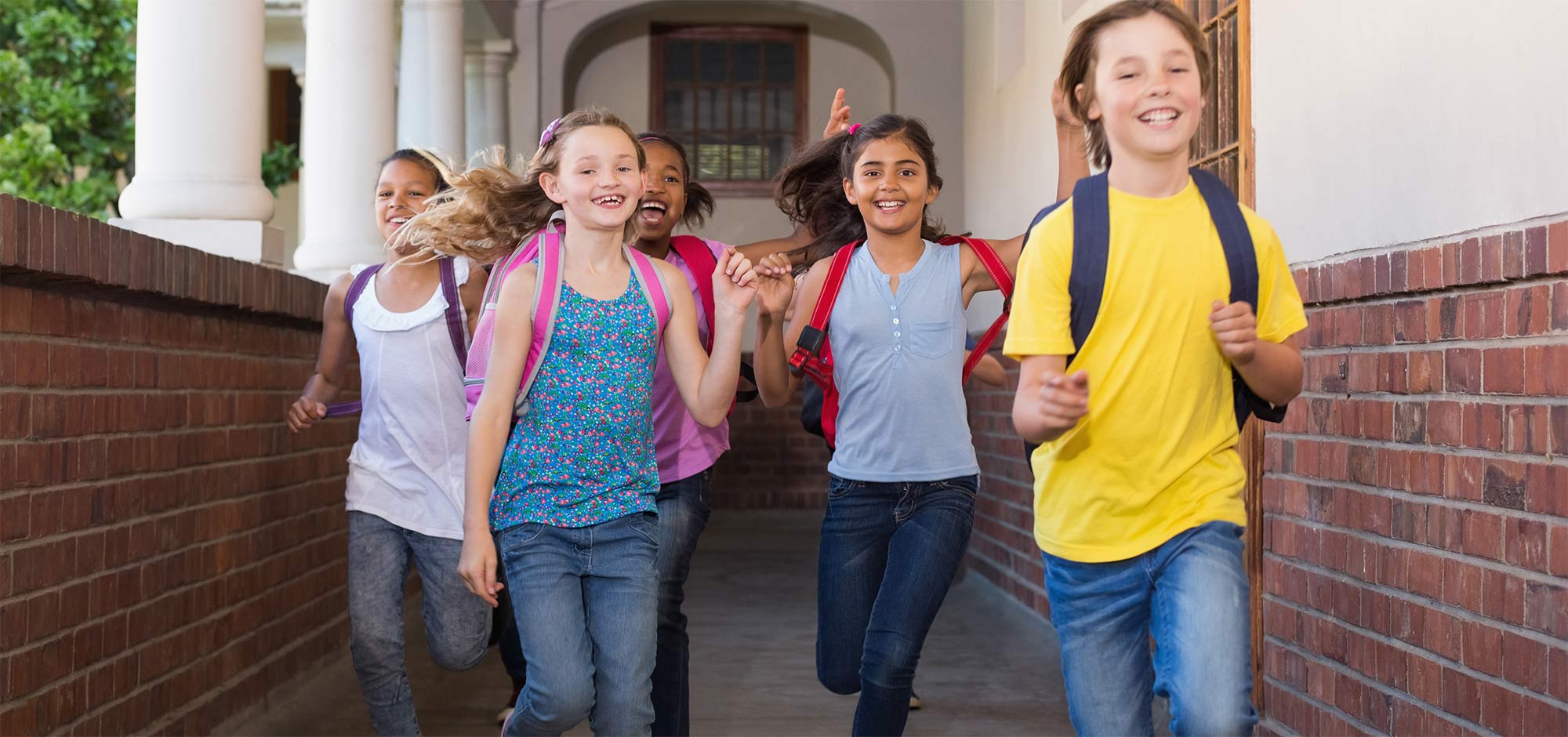
Forty-four members of the Assembly voted “aye” on the bill, with 20 members voting no and 15 declining to vote. In 2018, a prior version of SB 328 squeaked through the Assembly and was ultimately vetoed by then-Gov. Jerry Brown. CSBA continues to oppose the statewide mandate contained in SB 328, as decisions related to school start times should be made by locally elected boards with input from local communities.
Both the Senate and Assembly adjourned at approximately 3 a.m. on Sept. 14, having concluded their 2019 business, moving a number of bills between the houses to be heard in the final hours. All told, nearly 70 bills on which CSBA had adopted a formal legislative position have been sent to Gov. Newsom, 16 of which have already been signed into law as of this writing.
CSBA’s “What’s New for 2020” report detailing all new K-12 education laws will be released in October, following Gov. Newsom’s Oct. 13 deadline to act on 2019 legislation. Visit blog.csba.org to view the ongoing “New Laws for California Schools” series detailing newly signed laws and their impact on public schools.
Of the $15 billion, a total of $9 billion would go to K-12 education — a figure less than the $11 billion originally proposed, and one that would come alongside significant changes to the funding distribution model for school facilities projects, eschewing the current “first-come, first-served” model in favor of a system that would prioritize project funding for schools in lower-income communities. A total of $2.8 billion would be allocated for new construction and $5.2 billion for modernization, including money for lead in water testing and remediation. Career technical education and charter schools would each receive $500 million, with the remaining $6 billion going to community colleges and universities.
The bill would also increase bonding capacity for unified school districts from 2.5 percent to 4 percent of assessed valuation and from 1.25 percent to 2 percent for elementary and high school districts, temporarily modify certain developer fees and provide immediate assistance (i.e. temporary facilities) for schools impacted by disasters. All of these changes to the School Facilities Program are contingent on the passage of the measure on the March 2020 ballot — no parts of the bill would become effective on Jan. 1, 2020.
Among them are AB 1507 (Smith, D-Santa Clarita), which would ban charters from being located outside the boundaries of the authorizing entity (with some specified exemptions), and AB 967 (Smith), which would specify that existing requirements for Local Control and Accountability Plan development, adoption and transparency would also apply to charter schools; CSBA supports both bills. CSBA is likewise supportive of AB 1505 (O’Donnell, D-Long Beach), which makes a number of sweeping changes to charter school petition and renewal processes that will benefit local educational agencies. CSBA will continue to work with legislative leadership on remaining implementation issues with the bill when the 2020 legislative year begins.